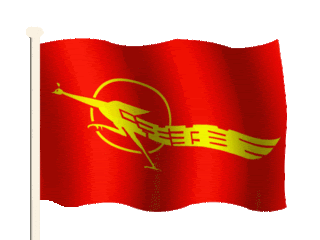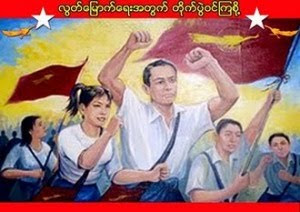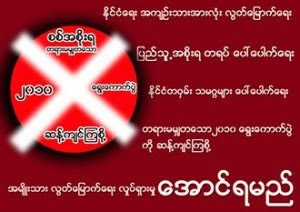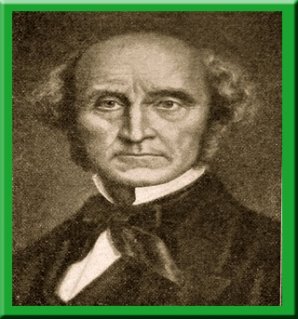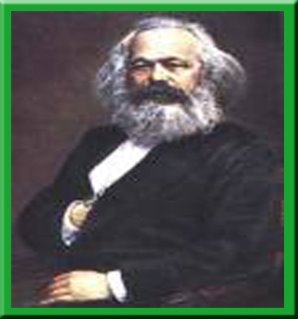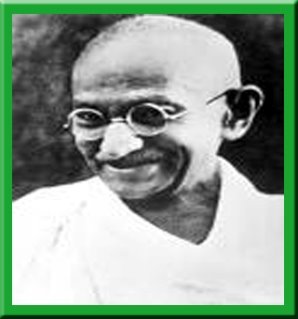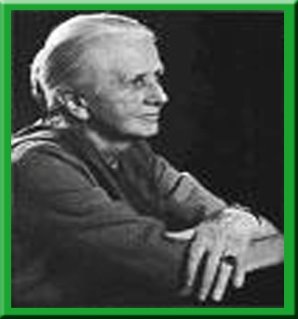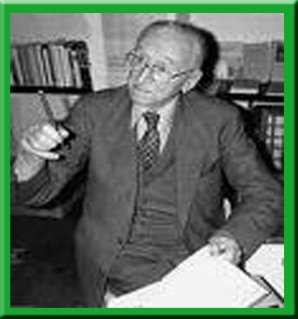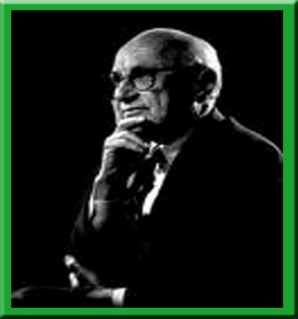Forum of Burmese in Europe: Strengthening Capabilities for Democratization in Burma
----Outline to form a more concrete picture of how capabilities could be strengthened for democratization in Burma----
Introduction
Experiences in Burmese democratic organizations, International political organizations and academic bodies permit me to form a more concrete picture of how FBE's capabilities in Europe would look in the next years. Democratization in Burma still comes with a price tag, however, it remains affordable. As we learn again and again, history raises the necessary requirement of intensive cooperation.
It is unquestionable that only closer cooperation on policies and campaign efforts can guarantee effectiveness and efficiency of our main cause, to build a Democratic Federal Union of Burma. As Forum of Burmese in Europe, comprising campaign bodies, political organizations from all over Europe, is a multilateral body in character, it has to be built on a set of rules facilitating and strengthening cooperation.
Multilateralism implies equal treatment of all actors (indivisibility) and the general applicability (nondiscrimination) of liberal norms. Thus political actors in the Forum of Burmese in Europe, have to build up positive expectations favoring cooperation in Europe to strengthen campaign efforts for Democratization in Burma. Actors have to develop common norms, procedures and campaign activities in a manner in which mutual respect and mutual understanding occurs.
However, a multilateral character cannot show signs of improvement without effective leadership. Mere discussions and declarations could not facilitate the effectiveness of the forum. Statements should become in reality. Rules and procedures should be enforced. Detail campaign plans should be drawn. Inter-organizational relations should be strengthened. In sum, strategies must meet ends. In this report, I shall address my analysis and conclusion.
The Need for Closer Co-operation and Executive leadership
The central purpose of Forum of Burmese in Europe (FBE) is to expand the network of Burmese activists and beyond. Over the past years, the forum has become an important venue for sharing information and raising awareness in host countries. It has various participating actors from Austria, Belgium, Germany, Czech, Finland, French, Germany, Norway, The Netherlands, Poland, Sweden and the United Kingdom. Yet, there is no leading campaign body at the regional level, I.e, Europe. At the domestic level, numerous organizations are spread and there is a lack of synergy. Thus it is clear that if these organizations work and interact within a network of inter-organizational relations, there will be more coordinated actions at the European level and strong 'one voice' as a whole.
In general, it is arguable that long democratic struggles tend to show signs of institutional inertia, buck-passing and inactivity. To remedy such situations, strong executive leadership is required. A liberal world view may suggest a leader to convince followers to act as he would like them to. However, non-hegemonic leadership must be required within the forum that is multilateral in character. There can be the possibility of active or passive institutional leadership, ie. the host country of current FBE takes over the presidency of FBE until the other country holds the forum. Nevertheless, consent among the member countries and institution's core competence are required to make visible the presence of effective leadership.
In my inquiry, I proceeded from the hypothesis that closer cooperation and executive leadership is required to form a more concrete picture of how campaign efforts could be strengthened for democratization in Burma. The health and strength of the FBE network depend ultimately on the understanding and support of Burmese exiles. That active support in turn depends on the ability of political leaders to explain the efficacy of the network in both quantity and quality. Thus, it is especially important in the effort to enhance the capabilities and activities to meet strategic ends.
The Nature of Euro- Burma Relations
The current relations are based on bilateral relations framed by the EU common position. The prime goal of the EU is to see a legitimate, democratically elected civilian government established in Myanmar (Burma) - a government which pursues social and economic development and respects human rights while rebuilding relations with the international community. It has a balanced policy of paying attention to reduce the isolation as well as regular raising concerns via statements and announcements.
Despite of its critical statements and targeted sanctions, the lists of active businesses that fuel the military generals in power show lack of effective measures in policy matters. In reality, EU still represents a source of economic comfort of Burmese generals. Foreign Direct Investment (FDI) inflows and trade relations have increased over the last decades. EU restrictions have been only authorized to prohibit the European companies from investing in Burmese state-owned enterprises. However, most of the private companies in Burma are owned by the relatives and close-ties of the military regime, thus, EU measures have not been successful. To date, in fact, it is obvious that none of the initiatives and measures of international community including EU, have been successful to improve the political situations in Burma.
On the other hand, the so-called third group members seek to oppose economic sanctions by using various means. In fact, sanction is a strategic foreign policy instrument to punish the state actor that violates international law as a threat to international security as well as a threat to national security of its own people. As punishment and reward are the two sides of the same coin, the lifting of sanction represents rewards that may encourage the military regime or its thugs as well as discourage the Burmese Community that put all hopes and dreams in the hands of international community. Thus it is our duty to maintain EU sanction on Burma after the fake election in 2010. The question is 'How'.
Have we prepared enough to testify the importance of sanction on Burma with up-to-date data and information? Have we got alternative plans if EU lift up sanction? Have we brainstormed to seek other campaign ideas to transform EU concerns in statements into effective actions in practice? These questions along with the need of democratic actors that fully committed to democracy to advance a polity towards democratic consolidation, lead to the requirements of the means for enhancing cooperation at the regional level beyond the discussion group.
Means for Enhancing Capabilities
FBE can strengthen its capacity in several ways. The success and failure of any organization or network depend of the practice of democratic principles and norms. Only joint liberal and democratic norms can safeguard trust and long-term cooperation among the actors. At both organizational and forum levels, the democracy requirements (separation of powers, openness, transparency, flexibility, reciprocity, abstention from the use of force, acceptance of positive criticisms against organization policies and leadership) must be practiced. If these norms are not established in a democratic organization, it is unlikely to win the enemy in a democratic manner leading to a turmoil in the processes of democratic consolidation. Holding elections and the formation of the governments may not guaranteed the consolidation of liberal democracy. There must have strong democratic actors who understand the democratic principles and norms as well as have a desire to advance a polity towards democratic consolidation. Thus FBE could contribute to develop the standard norms and procedures of its actors, thereafter, monitor the implementation of norms.
In fact, the challenges we will face in the next years both in exiles as well as in the new Burma could not be comprehensively addressed by one party or organization alone, but only in a framework of interlocking institution-based coalition building based on mutual understanding, mutual respect and positive synergy. In order to be interlocking, organizations have to consult each other and must cooperate. Effective, positive and open inter-organizational relations should be established. FBE should enhance a framework of sharing strategic information and memorandum of understanding that aim to improve coordinated activities among its actors across Europe. Strategic guidelines must be set up and decided by consensus. Ad hoc steering groups should be formed in some cases.
At least three steps are needed to enhance contacts and augment cooperation. The first step concerns with the flow of information. Information is one of tomorrow's decisive factors in all areas. There should be a designated Information Officer in each branch. All these information officers could be organized under the Information Department. In contrast to other international organizations, most Burmese organizations tend to establish the working committees with top- down approach. The consequence is nobody knows the core competences of committee members that result the show-up committees without actions in the organization structure. Thus, bottom- top approach is advisable by choosing officers by their mother organizations and countries based on both competency and democratic principles rather than favoritism or picking-up strategies.
Second, organizations should start exchanging members and training them jointly. Due to the invisible nature and unpredictable Geo-political character, it is obvious that no one can say exactly how long would the Burmese democratic struggle take place. It might take another month or another ten years. Nevertheless, what it is sure is democratic consolidation would take additional twenty years after initial democratization, to have sound economic development, well-established state and political institutions and the resurgence of Civil Society. Thus the existing political leaders of FBE should delegate power and responsibilities to the new generations in terms of the training programs. Moreover, FBE should set up training courses in the areas of Human Rights, Leadership skills, democratic governance and federalism. If there is a designated training and development officer in each branch and organized all under FBE's training and development department, it would facilitate the efficacy of FBE actors in the future.
Third, past international actions in a 20-year struggle show that democratic movement is merely based on demonstrations, statements and ceremonies. Although these provide awareness campaigns, these are not useful to target enemy's strengths. At operational level, nothing can achieve without action plans in advance. Strategies, declared polices and statements must be accompanied with the action plans. For example, mere declaration to take legal actions against the military regime do not represent a threat. It represents only an intention. Intention without capability were not taken account in strategic assessment. There is a general logic that if you have capability, you can do what you want in a minute, however, if you have only intention, you cannot do anything without capability. Thus capability should come first. Otherwise, no organizations or political leaders would get active support from the people, even from its own members and followers itself. Hence, FBE should establish joint working groups to work out action plans in advance, I.e, Legal actions group, strategy group, joint campaigns coordination group, Propaganda group, Sanction research group, etc.
Regarding policy matters, both coordinated policies and common policies may be used depending the harmonization of capabilities and organizational principles. To increase harmonization, organizations should tend to work on the basis of the same fundamental values. Professionalism is an important matter. If there is a lack of coordination among the Burmese democratic organizations in Europe as well as in the world, there is a danger of interblocking and competition instead of interlocking, that will perfectly play into the hands of the military. Only mutual understanding and know-hows could overcome the interblocking problems. There should be no doubt that the image of the political organization could effect the credibility of democratic struggles and support from the new generations. The health and strength of FBE network could provide a good, positive image in Europe.
Conclusion
In this report, I have addressed:
First, the diplomatic and economic relations between EU and Burma.
Second, the importance of EU sanction policy on Burma as a strategic foreign policy instrument.
Third, the needs of closer cooperation and executive leadership.
Fourth, the means for enhancing FBE's capabilities for democratic struggles and a future Democratic Federal Union of Burma.
In essence, enhanced contacts and augmented co-operation could strengthen the capabilities and would give a more concrete picture.
Khin Ma Ma Myo
Joint- General Secretary (1)
Free Burma Federation
(The author holds a Diploma in Politics and Government, a Bachelor degree in Management, a Post-Graduate Diploma in Management, a Master degree in Economics (Political Economy) and a Master degree in Strategic Studies. She is a member of International Security Specialist Group from International studies Association and various international organizations. Her research interests include terrorism, transnational organized crimes, human trafficking and War studies)

